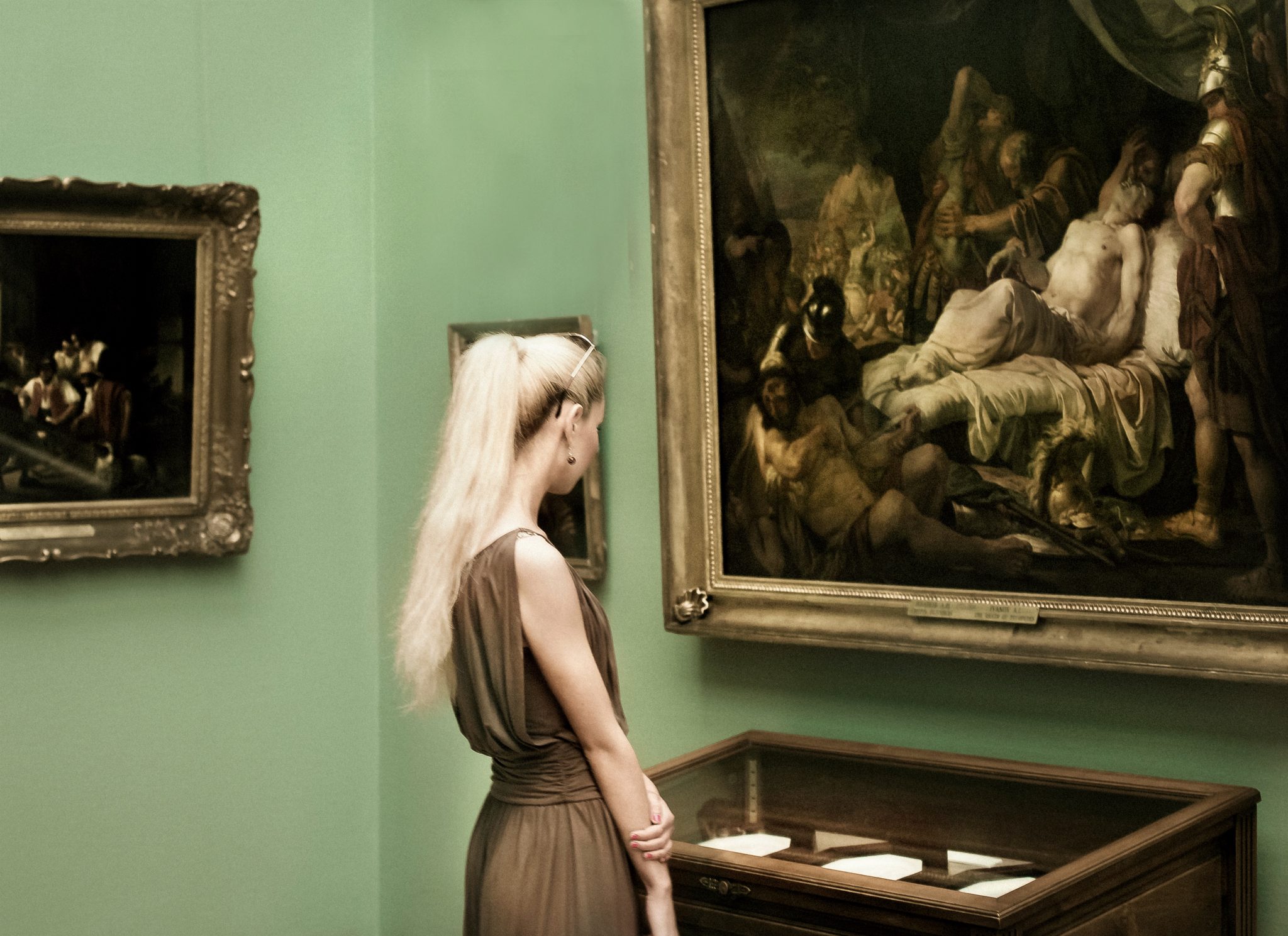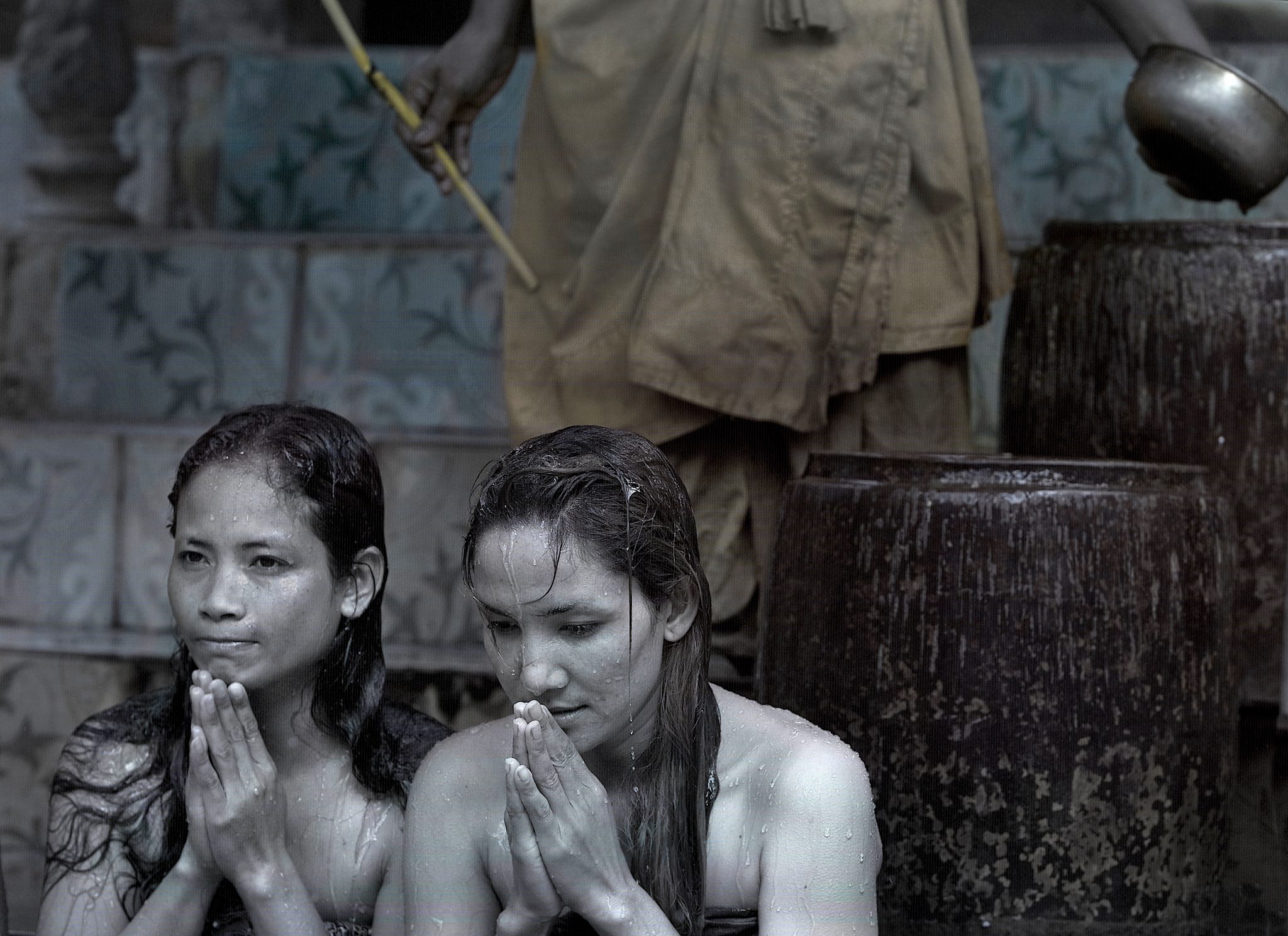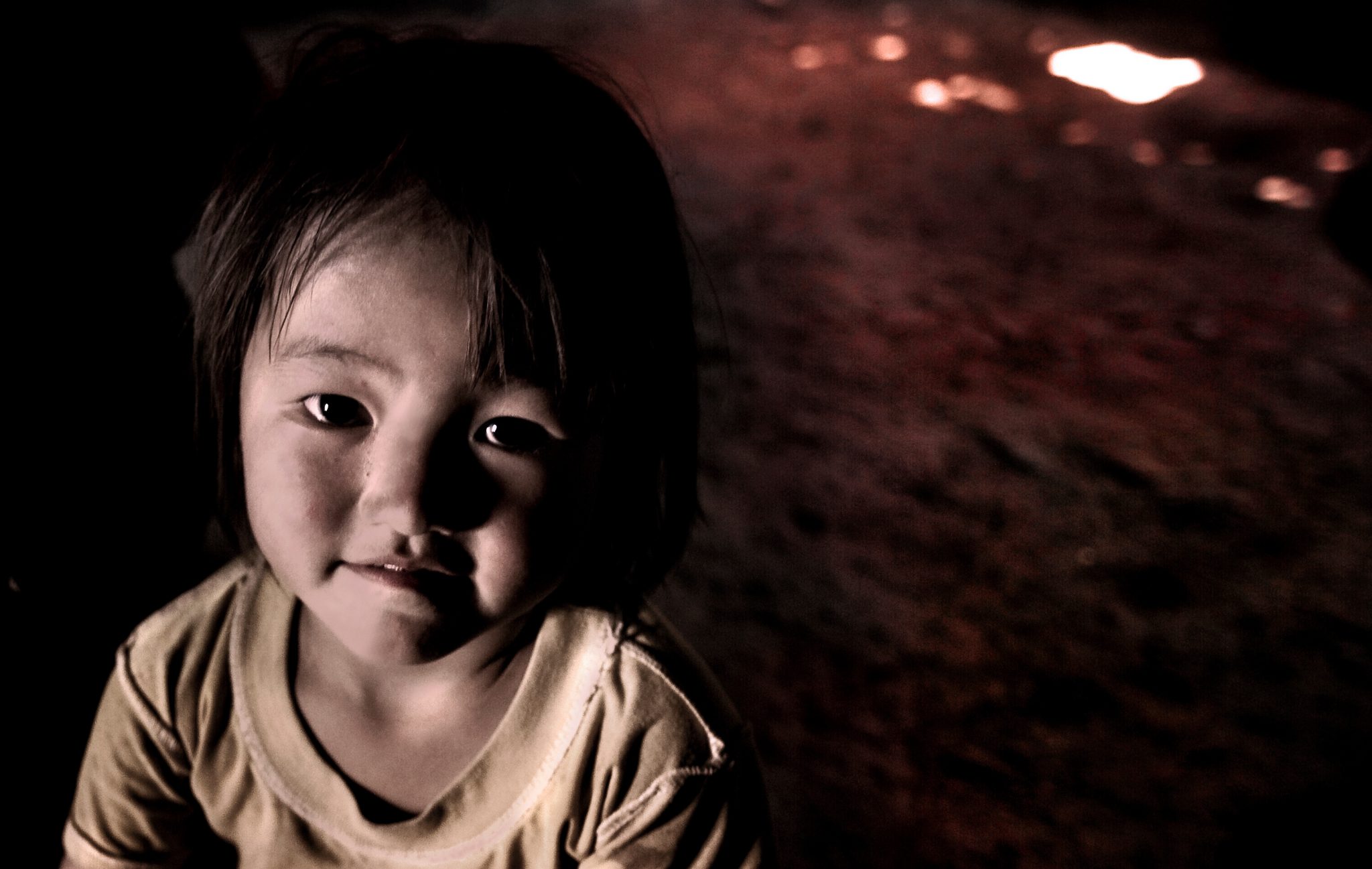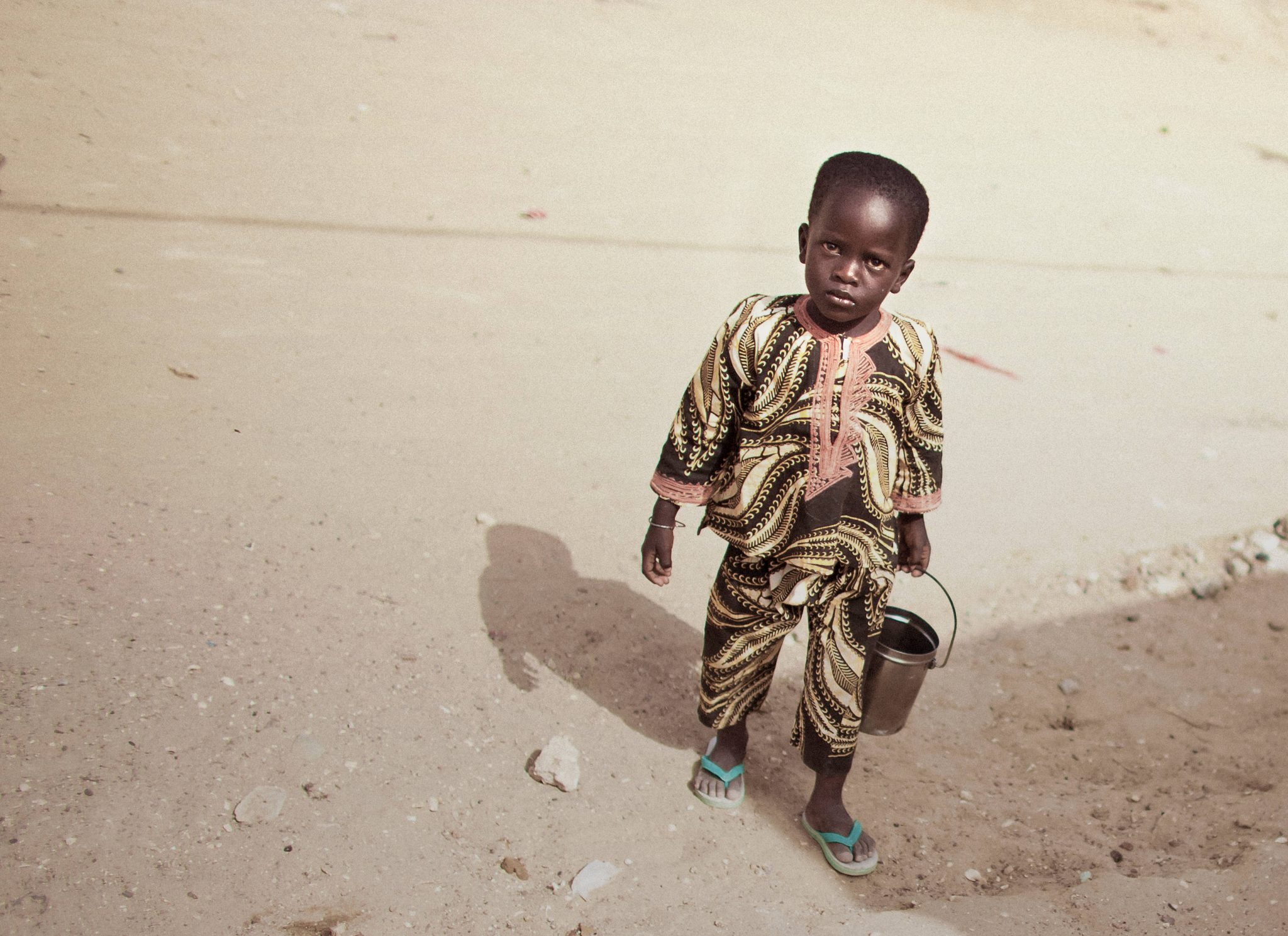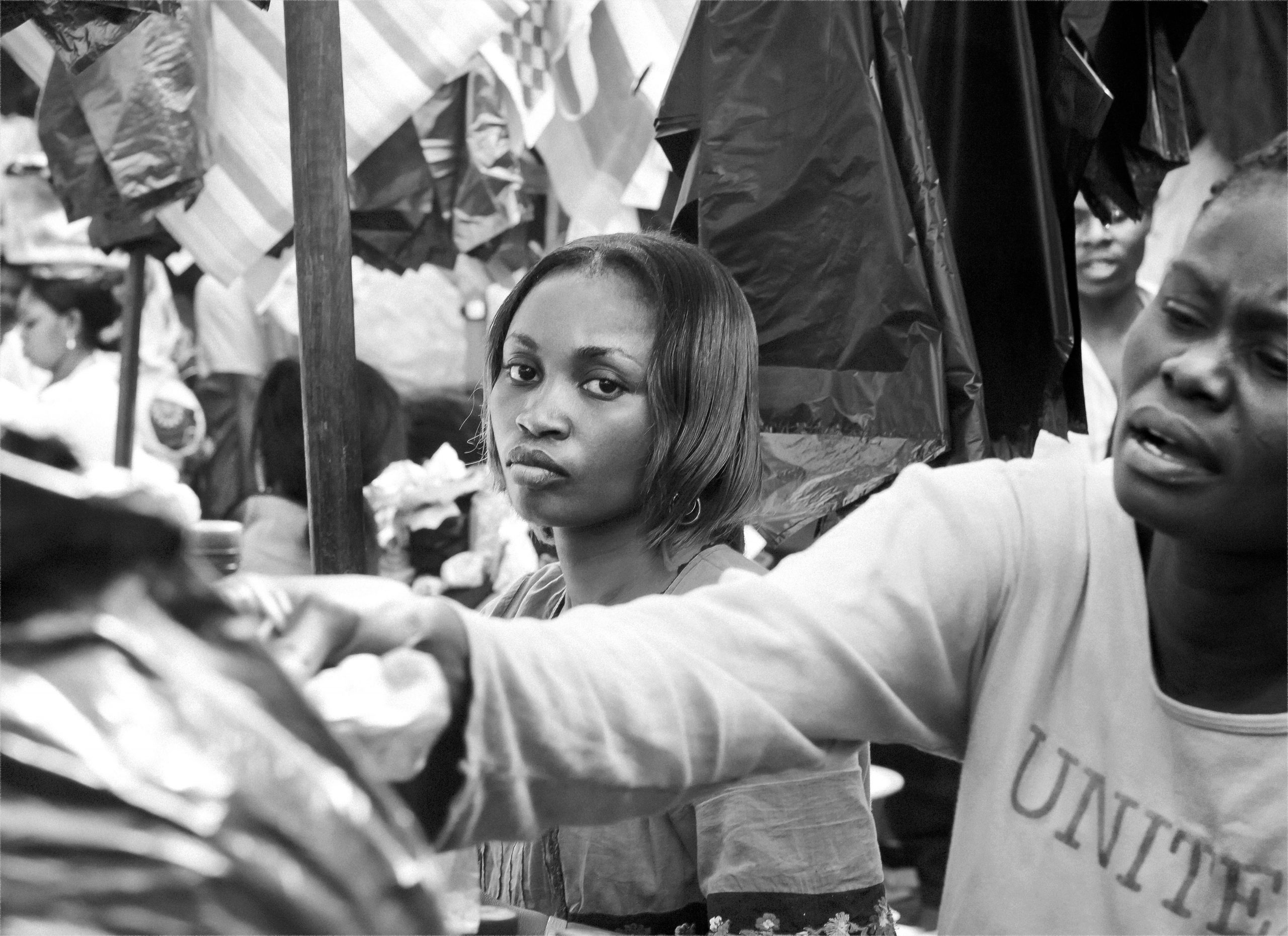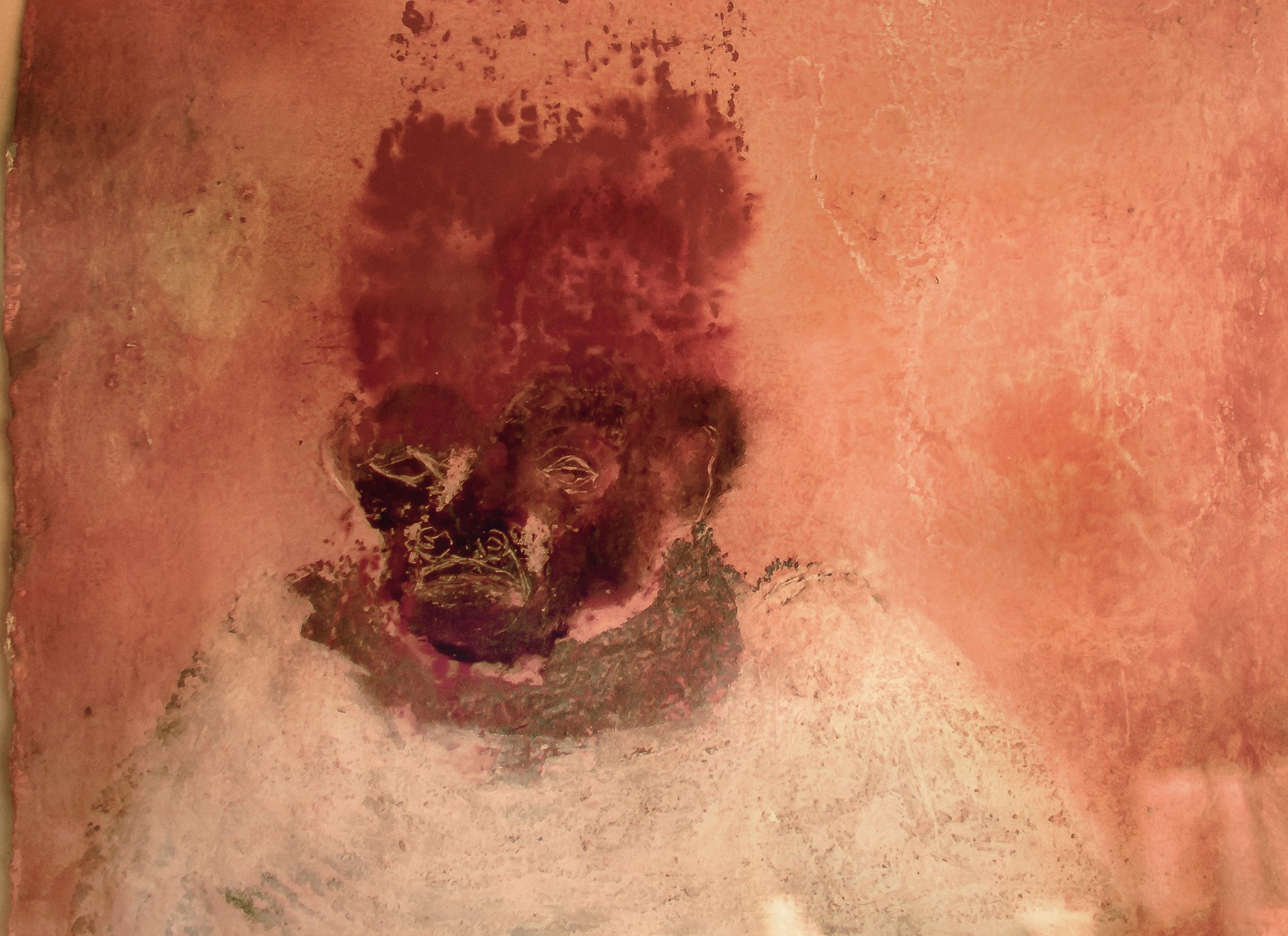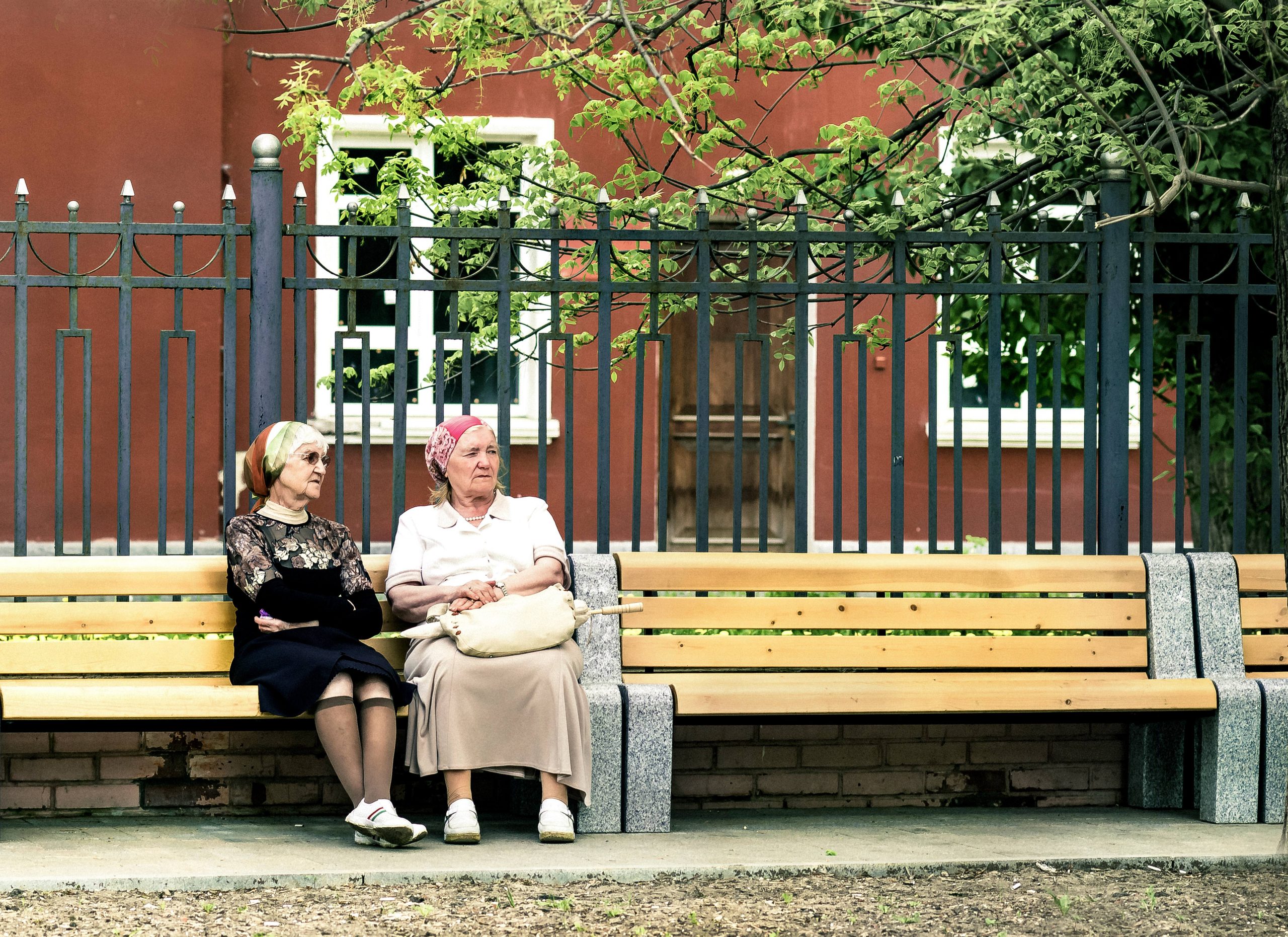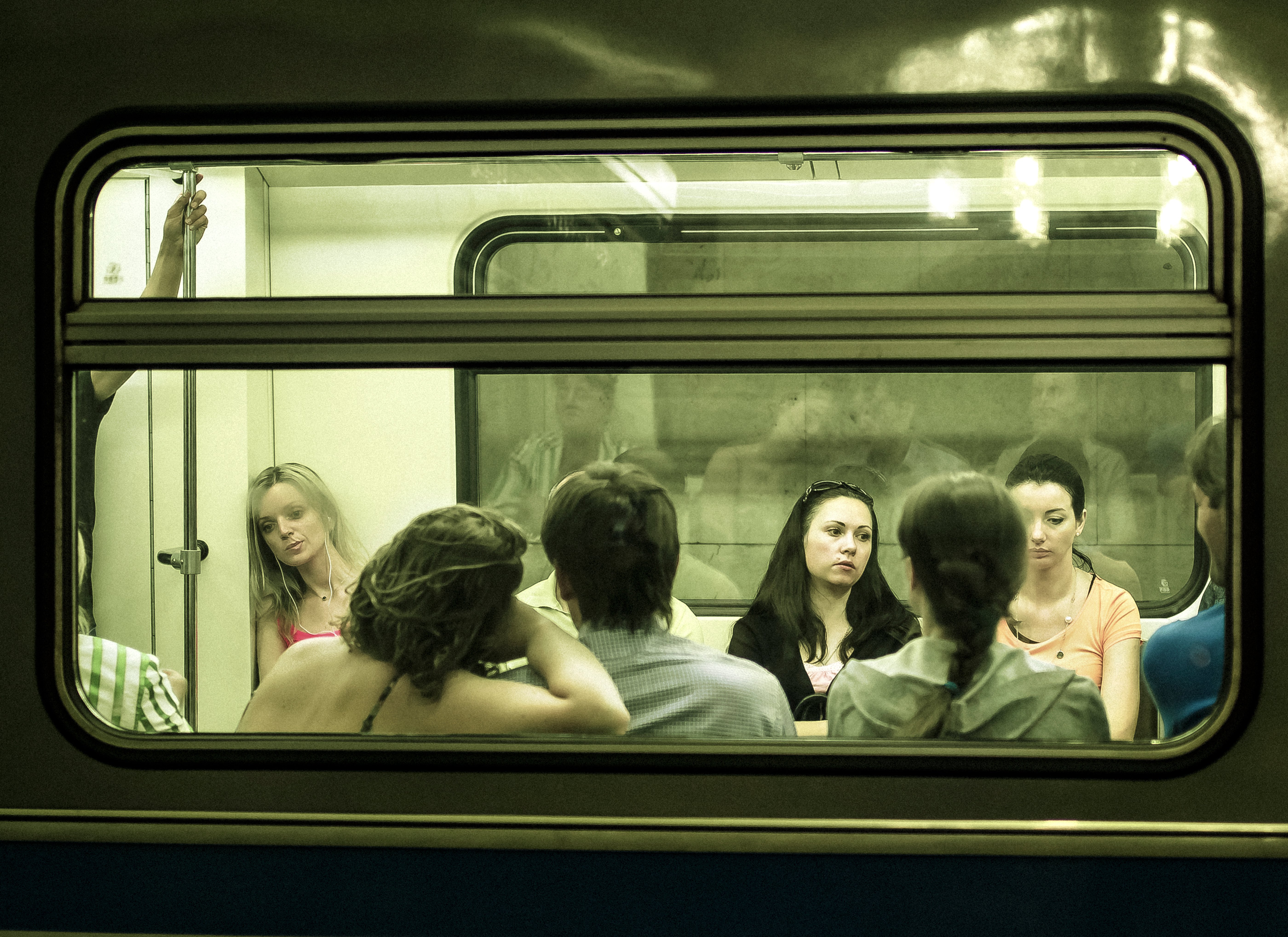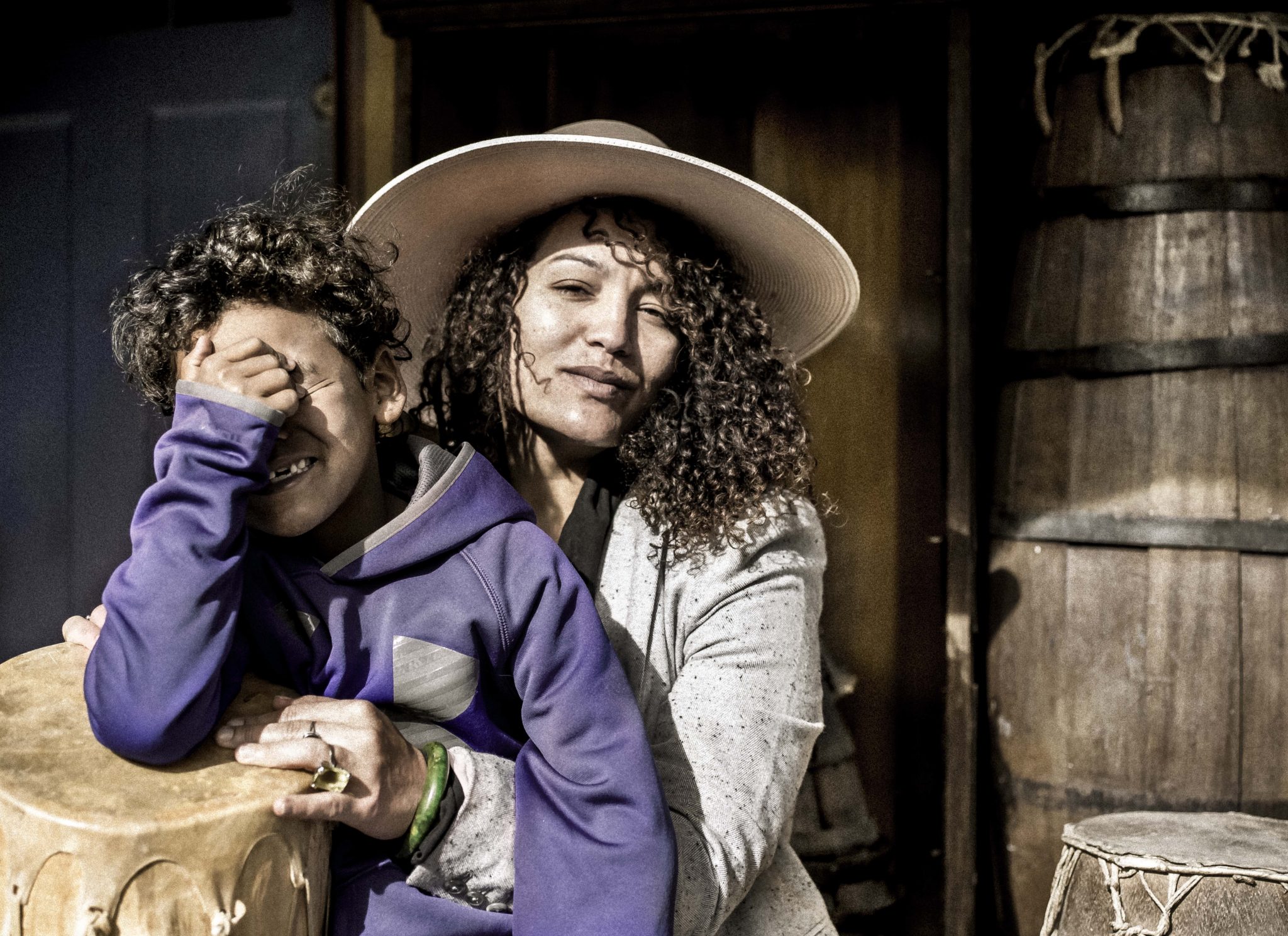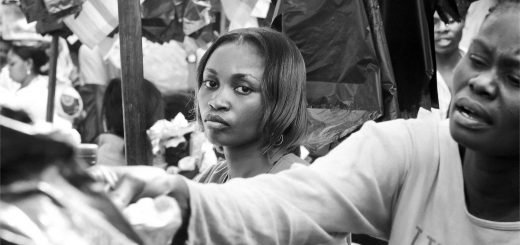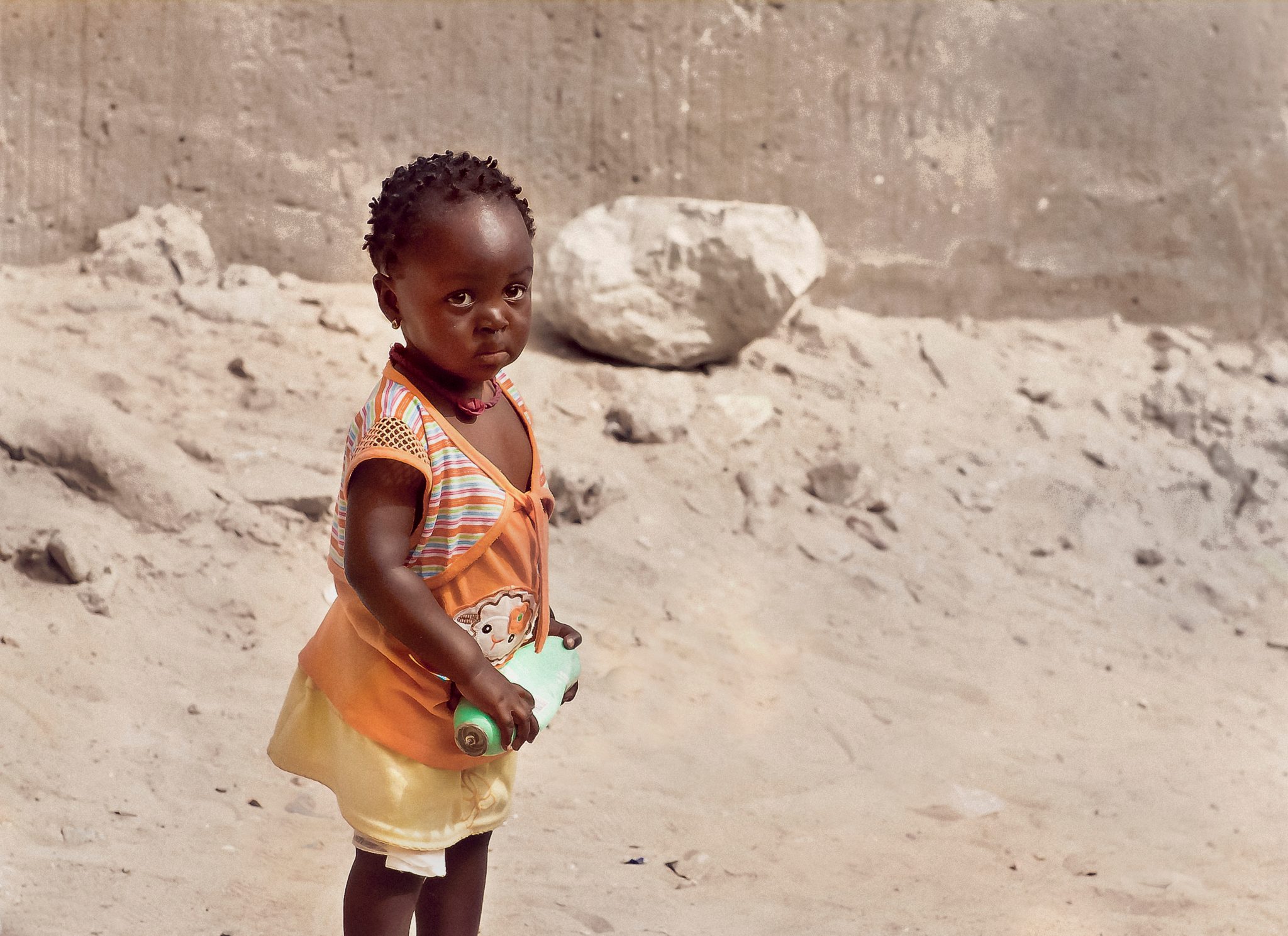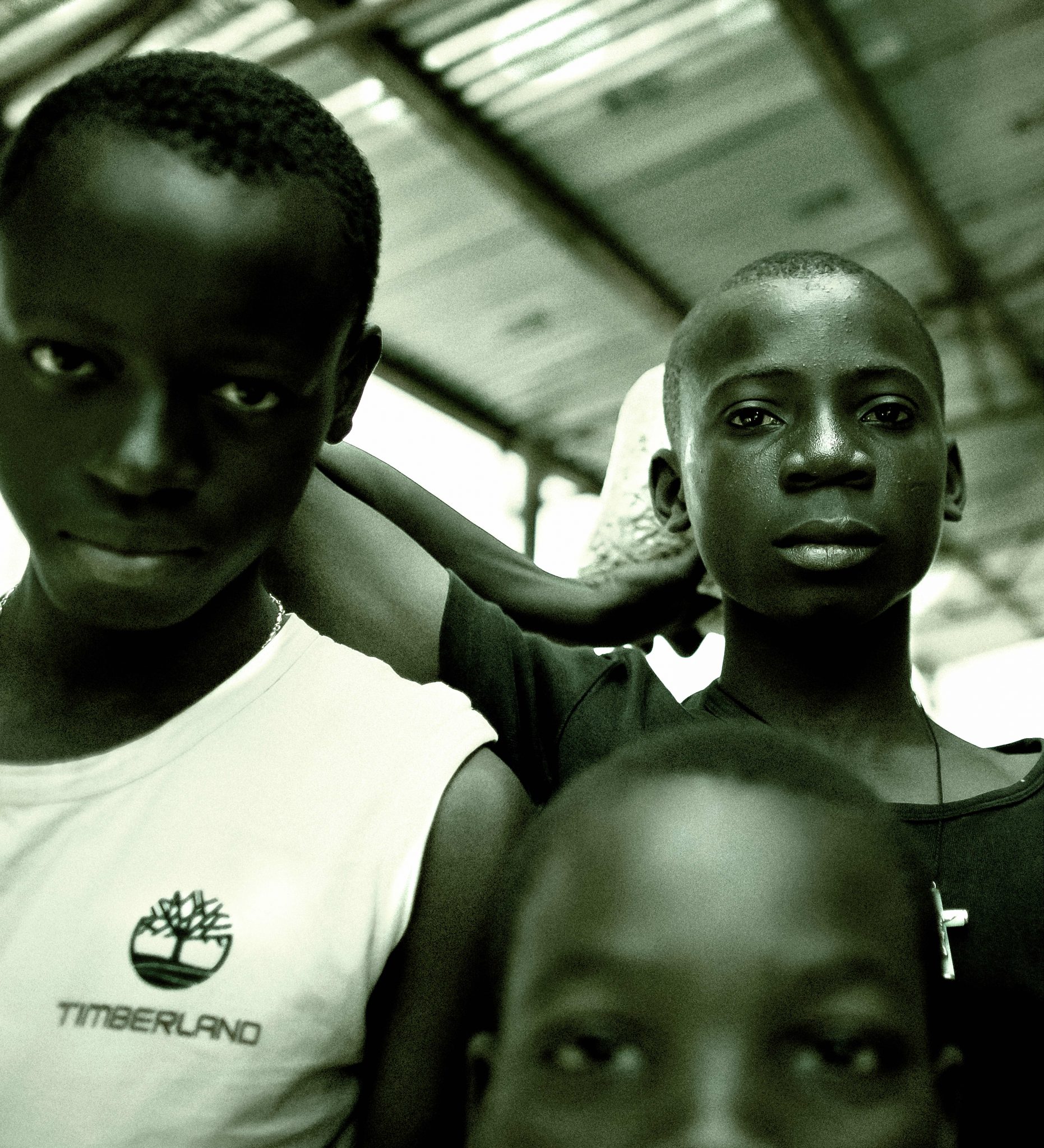
The Africa Palace
The sun’s slanting rays, lighting up in golden tones every feature of the lush landscape, bathed the two levels of white stone which made up the palace and also the white stone of the other royal buildings lying on the northern edge of the park. The day was cooler now, but the warmth of the evening still could be felt, causing party goers to sweat in the twilight. An assortment of sounds, from raised voices and laughter to music, mixed with one another in strange patterns. The music which filled the warm evening air, Sylvere thought, was getting louder. It seemed to grow more urgent all the time. His eardrums ached; his feet began moving in time to a steady but occasionally syncopated beat.
Anna had made it easy for her guests to indulge. It was obvious she had spared no expense. It was a party few would forget.
Sylvere stood by himself on the terrace of the palace, a magnificent structure which had been erected in the late 1800s and now was known as the Africa Palace. He looked around, scanning the crowd and attempting to identify anyone he might know. At least two hundred people occupied the terrace and the adjacent area, the Welcome Pavilion. Perhaps another 300 people, possibly as many as 500, occupied other parts, including the banquet hall and theater, as well as different venues, such as the restaurant and exhibition halls.
Sylvere didn’t recognize anyone and studied the crowd. The men acted as if they didn’t have a care in the world. The women fawned over the men and laughed and drank among themselves, giving an impression of flippancy, even debauchery. Sylvere sipped lemonade from a glass he held in one hand. A sensation he was being watched came over him. He walked to the edge of the terrace. His new jacket, he realized, as well as his new shirt, fit him well, although his trousers were loose around the waist. The looseness was good, he thought. But certainly Chérubin had done an excellent job in commissioning a tailor in Tervuren to make a new suit for him, especially without his presence in the tailor’s shop or his knowledge of the tailoring job.
At the edge of the terrace Sylvere brought his lemonade up to his lips again. Facing the park, which opened before him in green splendor, he gazed at lawns and statues, pools of water and manicured shrubs before focusing, at last, on the impenetrable forest.
The view from the palace was impressive, much different from others he had seen in Africa, where no stone masons built Renaissance palaces and no gardeners maintained elaborate lawns.
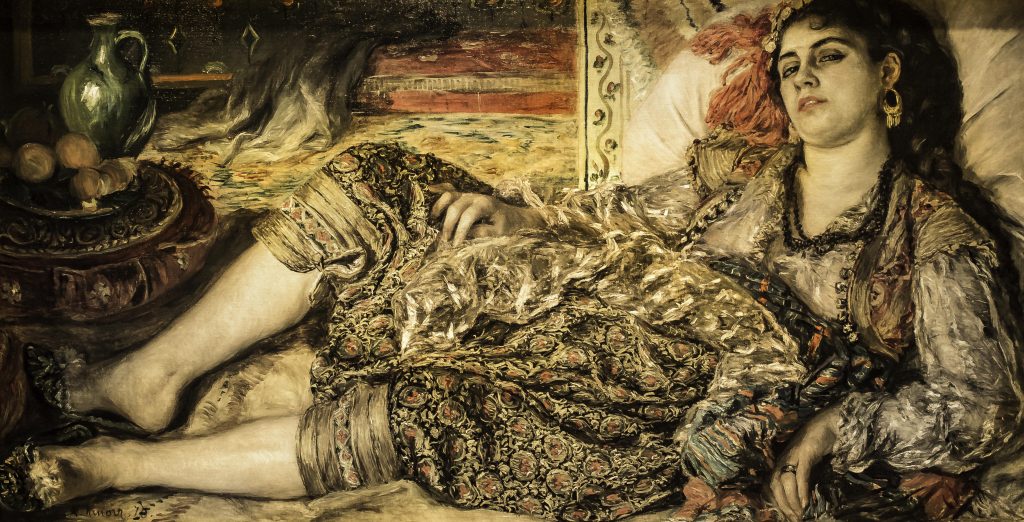
An older image appeared before his eyes, however, a memory of himself lying on a stretch of hot asphalt near the Université de Kinshasa, struggling to re-gain consciousness. A police officer loomed over him, after striking him with a large baton. The officer was one of hundreds, perhaps thousands deployed by the dictator Mobutu Sese Seko to stamp out opposition to his rule. Dikembe, a fellow student, had picked Sylvere up off the ground and carried him into a store nearby. Dikembe was strong back then.
Now Dikembe was gone, killed during the last couple of days and already rotting in a mass grave in the volcanic fields outside Goma.
Blinking his eyes and seeing a statue of a deer in repose before him, Sylvere realized he didn’t want to be at the Africa Palace. He fought an impulse to dump his lemonade in the trimmed grass by the statue of the deer. He rejected the luxury and excess around him. He felt that everyone important to him either was dead or was threatened with death. He didn’t care about offers of assistance from Anna and Carolina and from Anthony and Bénédicte the nun. They all had a role in the Grand March to Death.
“I need to talk with Pépé,” Sylvere muttered in Kikongo. But his friend Pépé was far away. Where? In Goma? Was he even alive? Sylvere didn’t have an answer.
Sylvere turned to his left shifting his gaze to a statue of a man with a large dog at his feet. The statue, like the statue of the deer, made no sense. If nothing more, the remarks by the American journalist, Leon Johns, delivered in the hotel room two hours before, heightened his sense of alienation. At that moment, Sylvere detected shadowy figures approaching from his left. They stopped two meters away. He turned and saw an elderly, African couple.
“Bon soir, Sylvere,” an old man said quietly. “You don’t know us,” he added speaking in French. “We wanted to introduce ourselves.”
Sylvere stared in disbelief. He had never seen the man before. But the man knew him.
“I am here before you today because of Anthony Lukambo,” the man said looking into Sylvere’s eyes. He spoke now in Lingala. “Whatever else you may have heard about Anthony, you should know he has helped many people.” He glanced at his wife. She replied also in Lingala, “Ten years ago, Anthony saved our lives and the life of our daughter, now a nurse in Paris.” Almost immediately the elderly couple disappeared. But a second, although younger, Congolese couple replaced the first, and quickly proceeded to deliver a similar testimony.
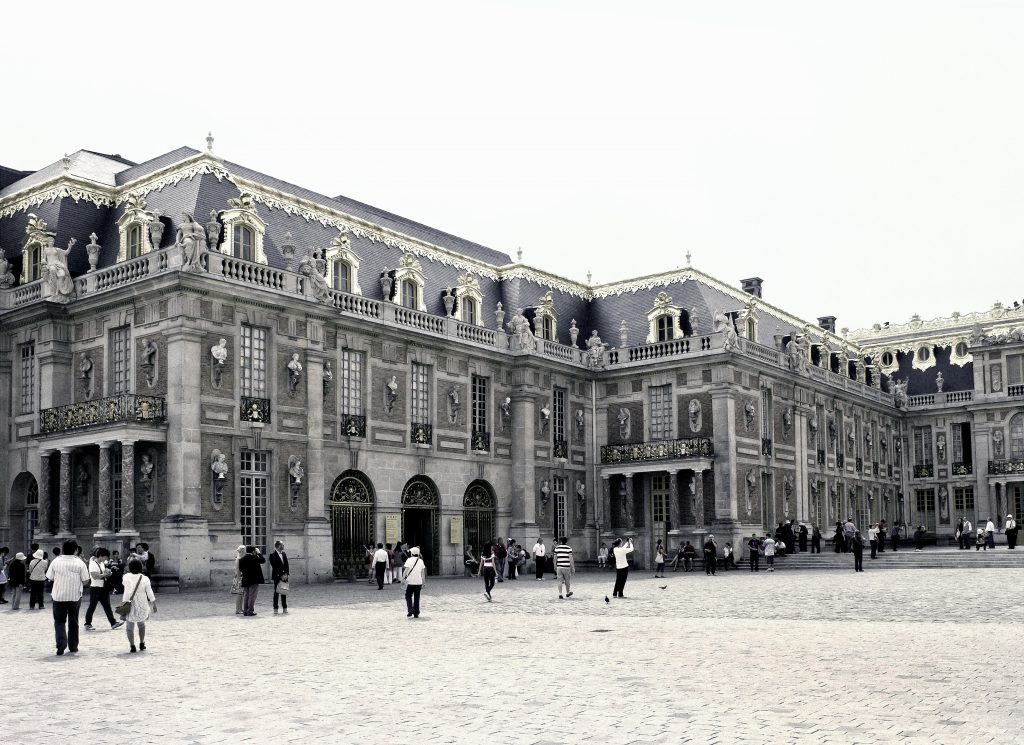
At the base of the stone foundation which supported the terrace looming ten meters overhead, an open, flat field of polished white pebbles extended southward perhaps 15 meters before giving way to a rolling meadow, a silent lake, and a dark forest. In the middle of the field of white pebbles, a tent had been erected, offering party goers a refuge from the crowds converging on the complex of royal buildings above. Inside the large tent made of a thin, almost transparent red fabric with only three walls, a narrow table extended the length of the eastern wall opposite a side open to the humid evening air. On the table rested a row of clear, glass jugs, each sitting on a copper stand and displaying a different liquid refreshment. Toward one end was a large number of short, circular glasses stacked upside down in the shape of a pyramid.
Soft, yellow light came from a lantern attached to the top of the tent.
Entering the tent from the west, Sylvere noticed a container of water with small slices of lemon floating in the water and a container of red wine with larger pieces of orange floating in the wine. He placed a glass in his left hand under the copper spigot attached to the jug of water and pulled the lever with his right hand. A jet of water issued. Quickly, Sylvere filled his glass and closed the lever. He looked to his left. Two couples in their 40s held glasses of wine. They were Flemish and seriously drunk. Sylvere looked away. He brought his glass to his lips. As he drank, he glanced toward the southeastern corner of the tent, where a gap was visible. Through it, Sylvere could just make out, in the twilight, a statue of a boy dressed in the attire of a hunter. It was a third art object which seemed out of place, each one more alien than the last.
“I trust you found the stories of our Congolese friends heartwarming,” a voice said in Lingala, causing Sylvere to turn his head in the direction of the voice. He recognized immediately the derisive tone and next the arrogant face of Serge Ntaganda.
With a rolled-up magazine in one hand and a plate holding several pieces of bread and cheese in his other hand, Serge smiled. In front of the small pyramid of glasses, he laid the magazine and the plate on the table, picked up one of the glasses, and, glancing at Sylvere, walked over to the jug of water. “Anthony has provided a comfortable life for our Congolese brethren,” Serge stated. “He has been very generous to Penelope and me as well,” Serge added. He didn’t look at Sylvere again. “Imagine what he could do for you,” Serge continued throwing back his shoulders and adjusting the collar of his crimson-colored shirt under his blue suit jacket.
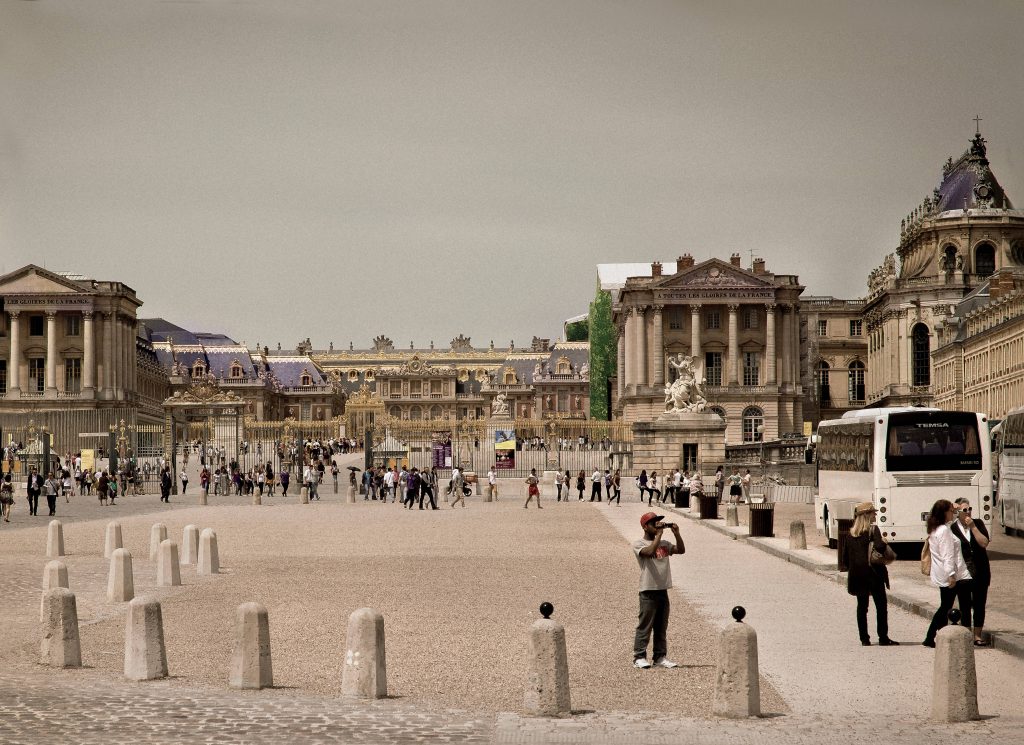
Serge repulsed Sylvere. Not one of his words about Anthony Lukambo was true. Anthony was a gangster. Everyone knew.
“You,” one of the drunken Flemish men shouted approaching Serge and speaking in French, “aren’t you the guy who hit my car last night outside The Lodge?” It was a restaurant, Sylvere recalled, in the center of Tervuren just down the street from the restaurant, Het Park, where he had eaten dinner with Chérubin the night before.
“Sylvere, here is proof of Anthony’s generosity,” Serge added removing an envelope from a pocket of his jacket and, in one motion, depositing it in a pocket of Sylvere’s jacket. Serge moved past Sylvere and around the drunken Flemish man before disappearing through the gap in the tent.
“Wait,” the drunken Flemish man shouted following Serge but stopping at the gap. The man had witnessed Serge’s passing of the envelope to Sylvere.
“Let’s go, Eduard,” his wife said casting a glance at Sylvere, “we can’t associate with these people.” She took her husband’s arm, and the two of them started walking toward the opposite side of the tent and the warm evening air. The other Flemish man and woman, who appeared to have sobered up, stared at Sylvere for a few moments before walking away too.
Sylvere felt a wave of disgust wash over him. Ripping the envelope out of his pocket, he threw it to the ground, where it burst open, spilling a thick wad of bills onto the polished white pebbles. The breeze entering the tent from the west lifted up one 10,000-euro note, then another one. Within seconds, the notes had scattered in all directions.
Immediately the two Flemish couples re-appeared, rushing back into the tent, frantically scooping up the bills flitting across the polished white pebbles. Serge, too, re-appeared, stopping just inside the gap in the tent, staring at the scene. His jaw dropped, his head shaking. Then he disappeared into the night.
Quickly the two Flemish couples managed to collect all of the bank notes, stuffing them into the pockets of their clothing before getting to their feet. They seemed awe-struck as they looked into the face of Sylvere. They couldn’t believe he had just thrown away so much money, and then let them have it.
At that moment Sylvere’s other hand brushed against the other pocket of his jacket. With a sense of calm looking back at the Flemish couples, Sylvere removed a second envelope and brought it up to his face. It was the invitation to Anna’s party. When he extracted the white card with gilded words inside, he noticed the announcement of a dinner for selected guests at 8:00pm in the restaurant attached to the palace.
He looked at his watch. It was nearly 8:45pm. He was late.
***
